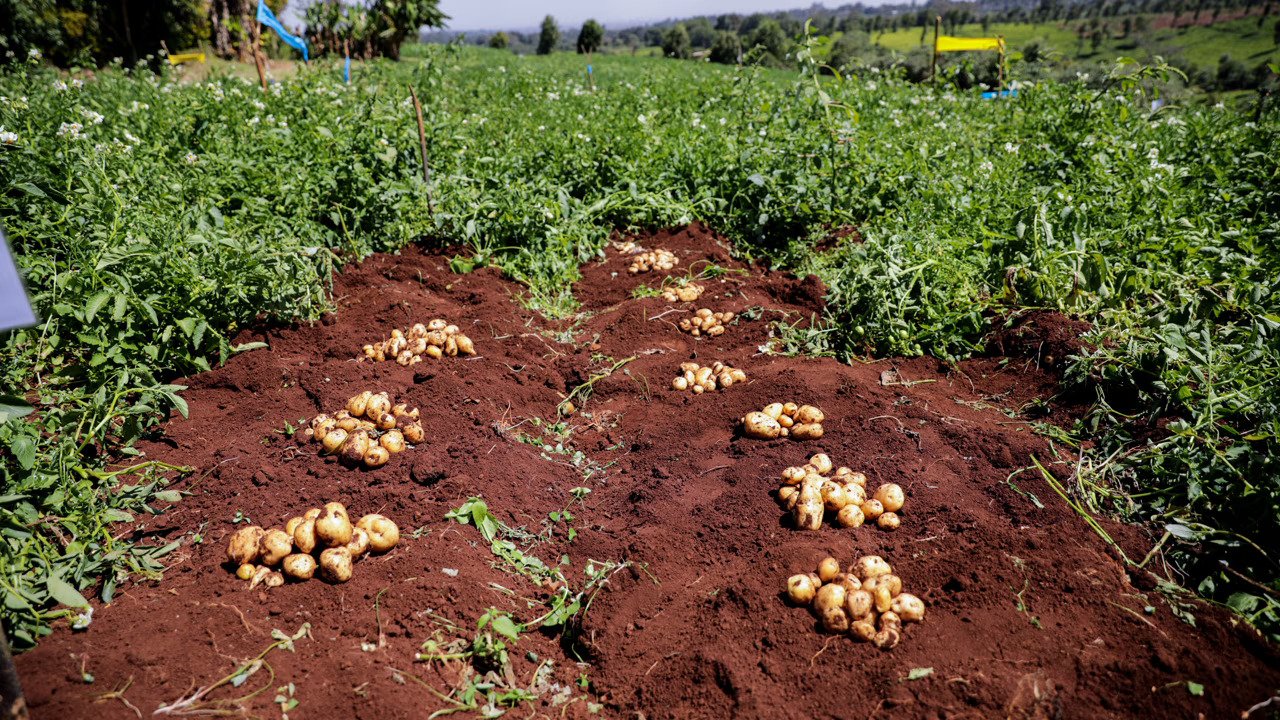The European Investment Bank (EIB) has signed a €20 million venture debt financing agreement with Dutch biotechnology company Solynta, to accelerate the development of potato varieties with enhanced resistance to disease and resilience to climate change.
Using true potato seeds as an alternative to tubers for cultivation has the potential to improve the economics of potato production.
Through proven hybrid breeding technology, Solynta has been able to create more robust potato varieties that require much fewer crop protection inputs.
Solynta’s breeding method, which excludes genetically modified organisms (GMOs), can adapt potato characteristics relatively quickly to different needs, including resistance to diseases such as late blight – a destructive fungal illness – and adaptation to climate change. As a result, the company’s potato varieties contribute to the United Nations sustainable-development goals (SDGs) such as ending poverty and hunger and promoting responsible consumption and production.
“Climate action and adaptation are at the heart of our financing, as is the successful scaling up of innovative European companies so that they grow and thrive. The Solynta operation is a win-win in that sense,” said EIB Vice-President Gelsomina Vigliotti.
“Potatoes are a food staple around the world, making sure that they can grow in increasingly difficult climates and with higher chances of a good yield is extremely important.”
The EIB backing for Solynta takes the form of venture debt and is supported under the European Commission’s InvestEU programme.
“With this significant contribution from the EIB, we are well positioned to meet growing demand for new, robust potato varieties,” said Solynta CEO Peter Poortinga.
“Potato growers around the world need access to disease-free starting material with strong resistance against diseases like late blight.
With our new potato varieties, propagated via true seeds instead of the traditional tubers, we bring new varieties to the market that require fewer chemicals for crop protection and help improve global food security, particularly for local communities."
Solynta will use the EIB support for its research into the use of true potato seeds instead of traditional tubers for cultivation.
Lead image: Preliminary 90-day harvest of Solynta crop in Kenya.



Would you like to write the first comment?
Login to post comments